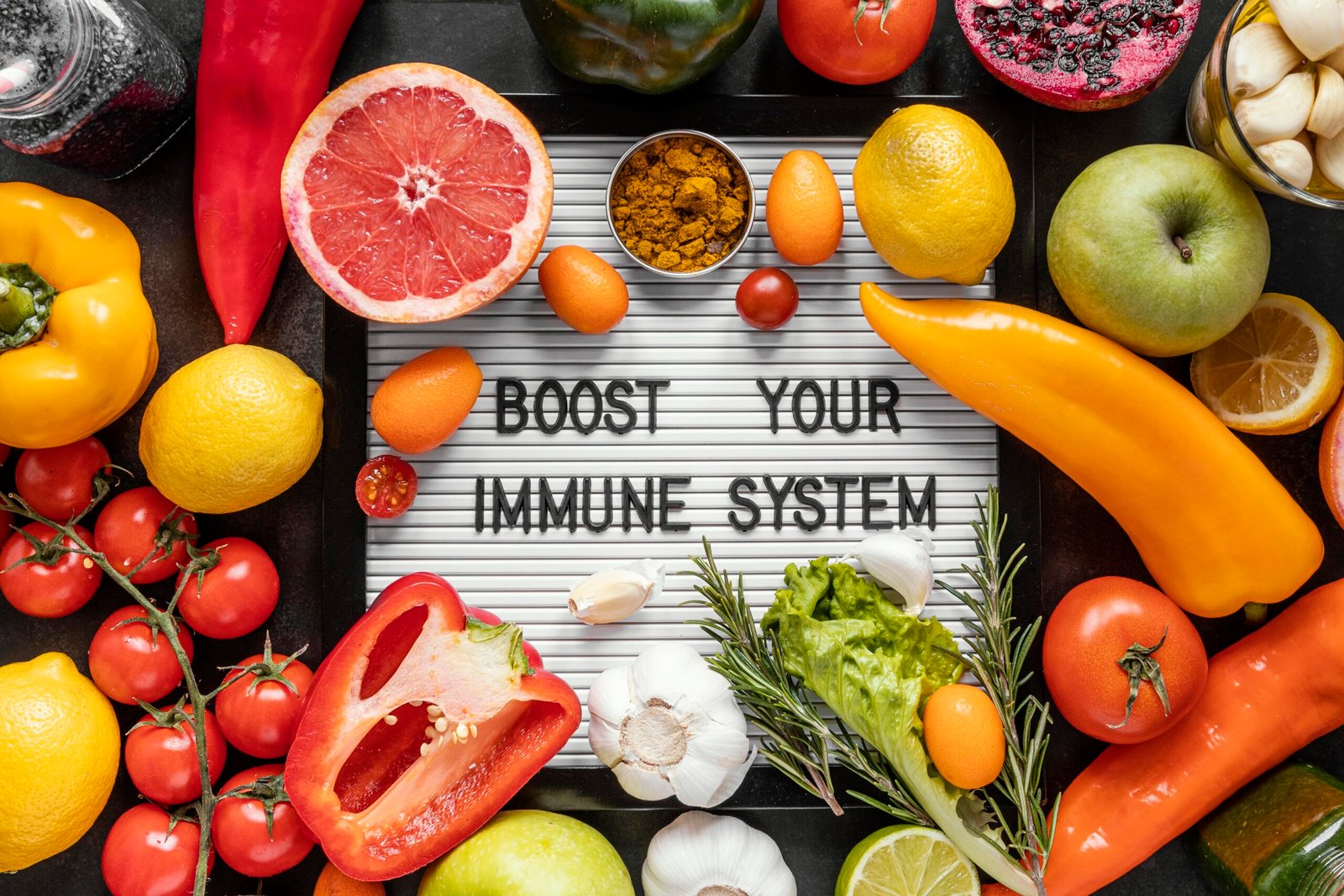Basic Nutrition

Basic Nutrition
A healthy lifestyle must be attained and maintained by having a basic understanding of nutrition. Consuming a balanced diet that delivers the nutrients your body needs to maintain its functions, promote general wellbeing, and fend against disease is what nutrition is all about. It goes beyond simply eating. This tutorial will assist you in understanding the fundamentals of nutrition.
Table of Contents
Toggle- The Components of Your Diet’s Building Blocks Basic Nutrition:
- Basic Nutrition: The Essential Minerals and Vitamins
- Hydration: The Essential Element Function Basic Nutrition:
- Making a Plate That Is Balanced
- Moderation and Portion Control Basic Nutrition
- Advice on Eating Healthily Basic Nutrition
- In summary
The Components of Your Diet’s Building Blocks Basic Nutrition:
Proteins
- Function: Building and mending tissues, as well as producing hormones, enzymes, and other bodily substances, all depend on proteins. They are the components that make up skin, blood, cartilage, muscles, and bones.
- Lean meats (turkey, chicken), seafood, eggs, dairy products, legumes (beans, lentils), nuts, and seeds are some of the sources.
Glucose
- Function: The body uses carbohydrates as its main energy source. They are converted into glucose, which powers your tissues, organs, and cells.
- Whole grains (quinoa, brown rice, and oats), fruits, vegetables, legumes, whole-grain bread, and pasta are some of the sources.
Lipids
- Function: Fats are necessary for maintaining cell membranes, safeguarding organs, and absorbing vitamins. They offer a focused energy source.
- Sources: Avocados, almonds, seeds, olive oil, and fatty fish (salmon, mackerel) are good sources of healthy fats.
Basic Nutrition: The Essential Minerals and Vitamins
- Function: Vitamins are organic substances that are essential for healthy development, immunity, and general well-being. Every vitamin has a distinct purpose, such as vitamin D’s support of healthy bones and vitamin C’s immune system activity.
- Sources: Fortified foods, dairy products, fruits, and vegetables.
Minerals
- Function: Minerals are essential for the development of bones, heart health, and fluid homeostasis, among other biological processes. Magnesium, calcium, potassium, and iron are important minerals.
- Sources: meat, whole grains, nuts, seeds, leafy greens, and dairy products.
Hydration: The Essential Element Function Basic Nutrition:
- Water is necessary for all physiological processes, including temperature regulation, digestion, absorption, and circulation. Maintaining fluid intake promotes mental acuity and energy levels.
- References: Along with eating a diet high in water-rich foods like tomatoes, cucumbers, and watermelons, make sure you get lots of water throughout the day.
Making a Plate That Is Balanced
To guarantee that your diet is well-rounded, adhere to following recommendations:
Half of Your Plate:
Fill half your plate with a variety of colorful fruits and vegetables. These provide essential vitamins, minerals, and fiber.
Whole Grains:
Choose whole grains such as brown rice, quinoa, and whole-wheat bread for at least half of your grain intake.
Lean Protein:
Consume a range of protein-rich foods, including fish, chicken, eggs, beans, and nuts.
Healthy Fats:
Include foods high in healthy fats, like almonds, avocados, and olive oil.
Dairy:
Consume fat-free or reduced-fat dairy products, as well as fortified plant-based calcium and vitamin D substitutes.
Moderation and Portion Control Basic Nutrition
A balanced diet relies on moderation and an understanding of portion limits. Overindulging in food, even nutritious ones, can result in weight gain and other health problems. Observe portion sizes and pay attention to your body’s signals of hunger and fullness.
Advice on Eating Healthily Basic Nutrition
- Organise Your Meals: To prevent making bad decisions, prepare balanced meals and snacks in advance.
- Examine the nutrition labels: Check food labels for serving sizes, nutritional information, and calorie content to be knowledgeable about what you’re consuming.
- Limit Sodium and Added Sugars: Limit your consumption of foods like sugar-filled drinks, processed foods, and snacks that are rich in added sugar and sodium.
- Consciously Consuming Food: Consume your food slowly, deliberately, and without interruptions. This facilitates feeling full and aids with digestion.
In summary
The basis of a healthy lifestyle is adequate nutrition. Knowing the fundamentals of balanced diet, hydration, macronutrients, and micronutrients can help you make decisions that will improve your general health and wellbeing. Recall that regularly making better decisions over time is more important than striving for perfection. Make minor adjustments at first, then progressively develop habits that will make you healthier.
